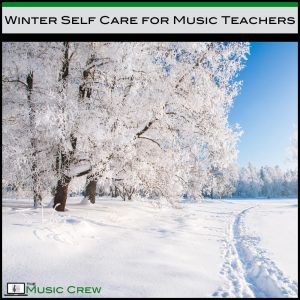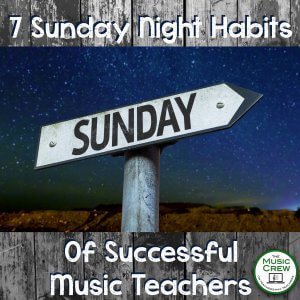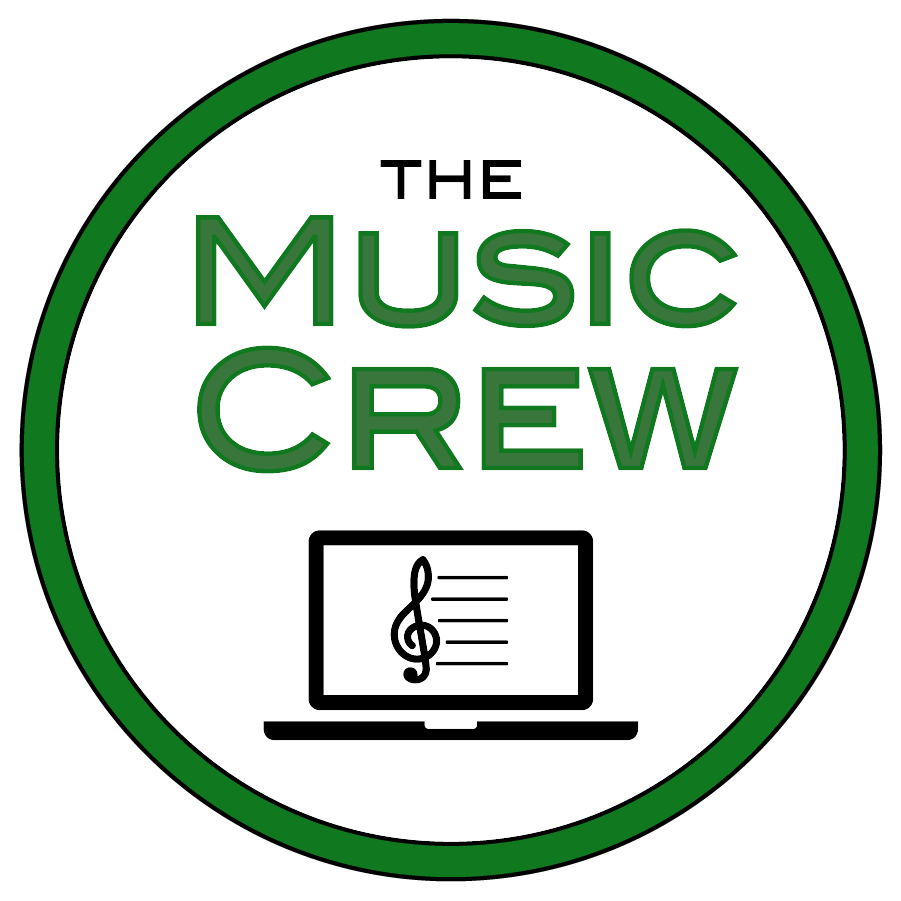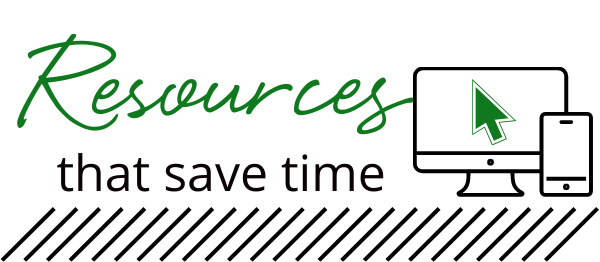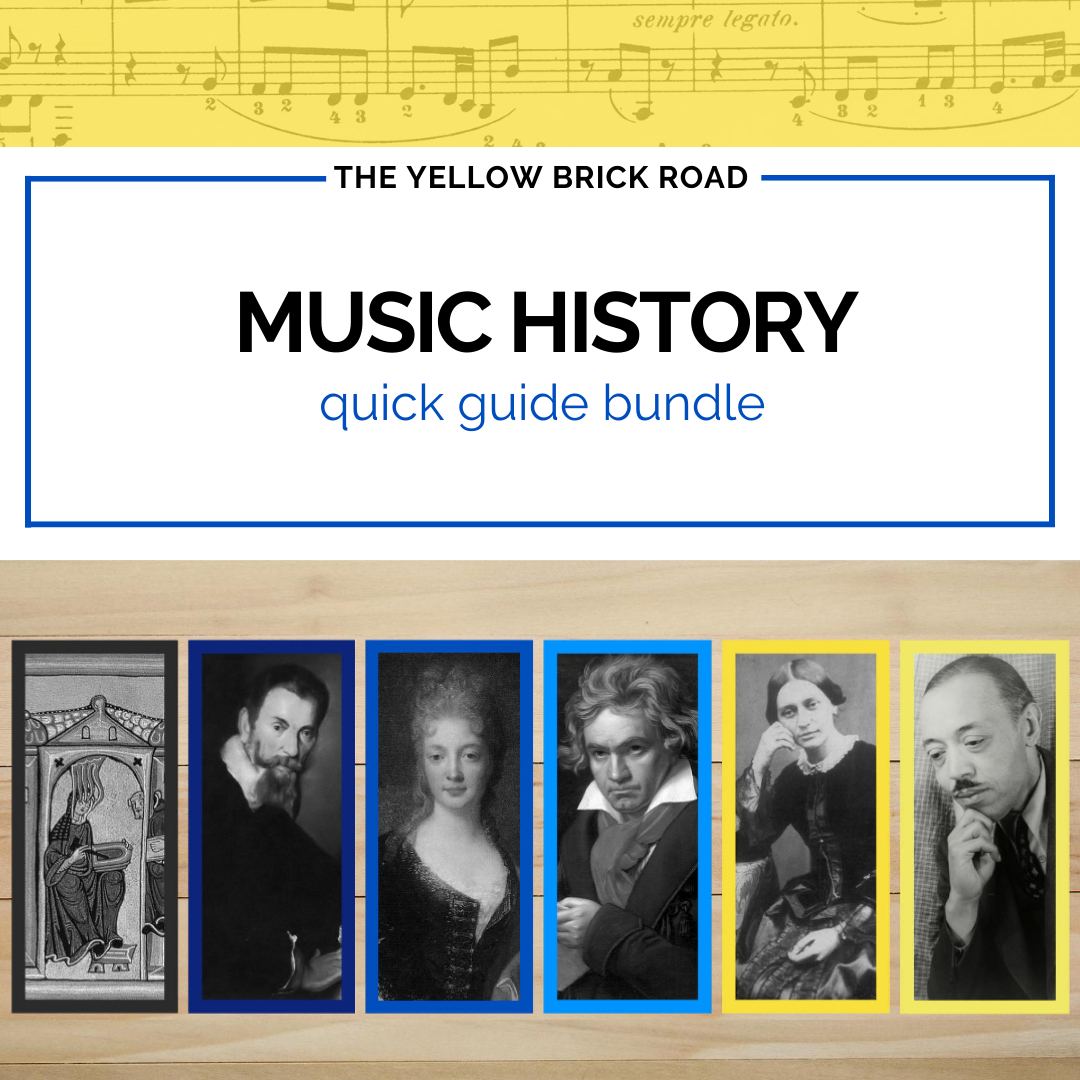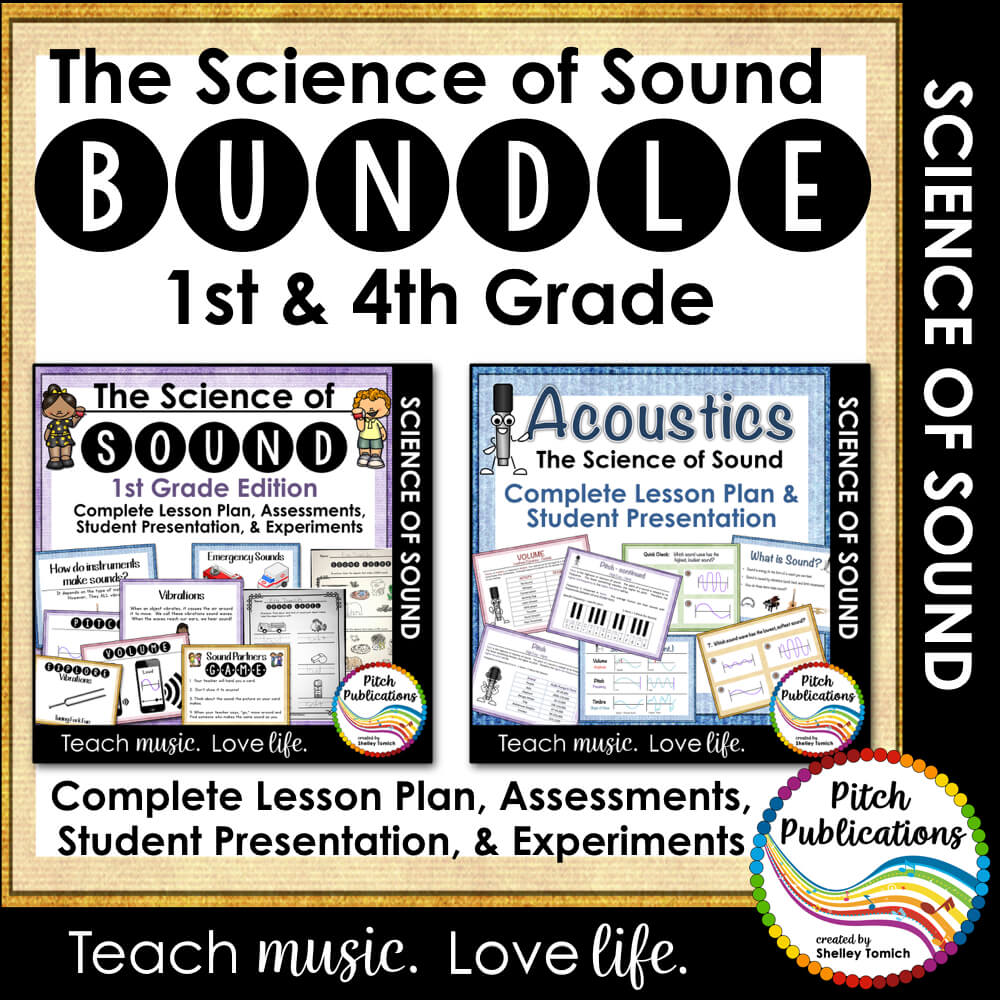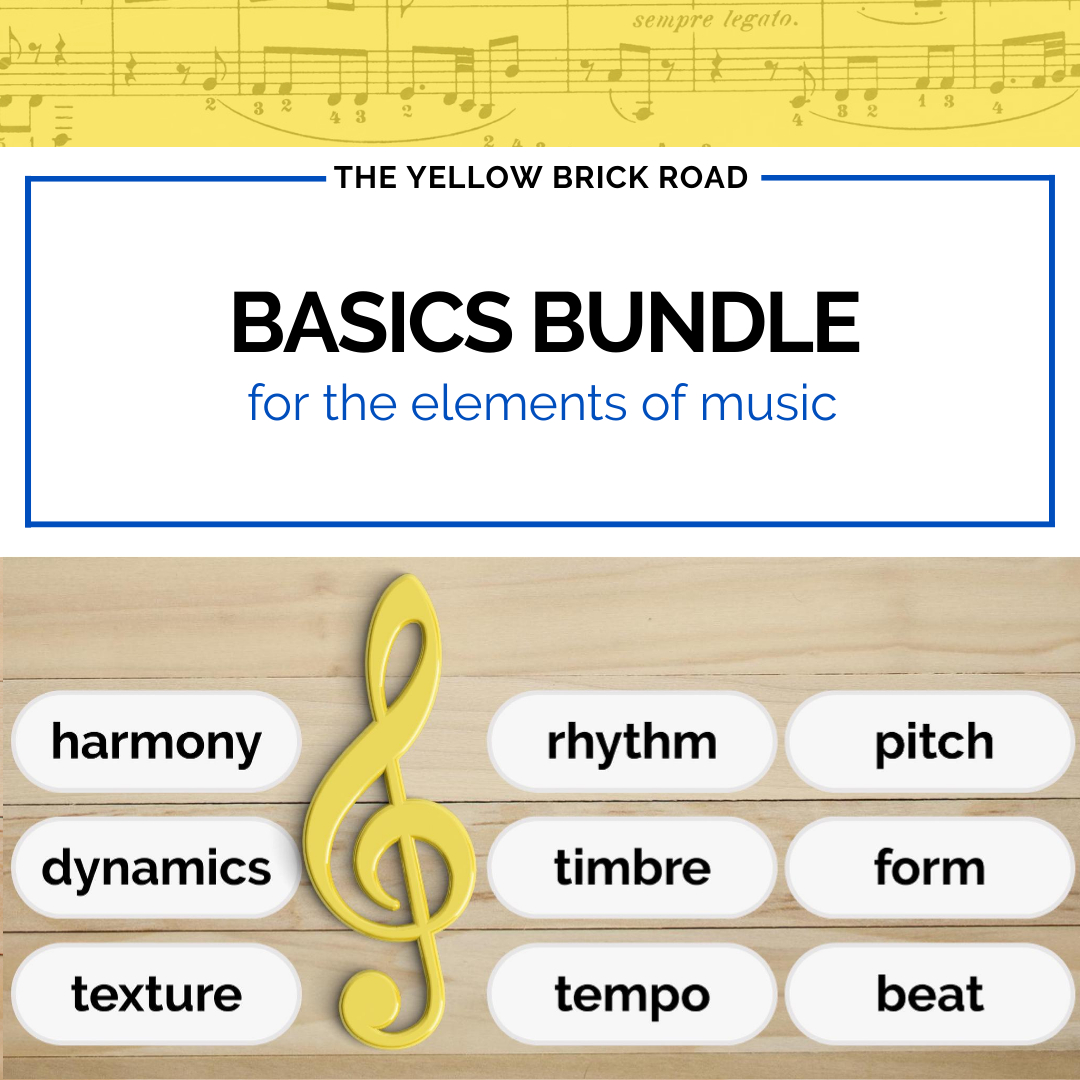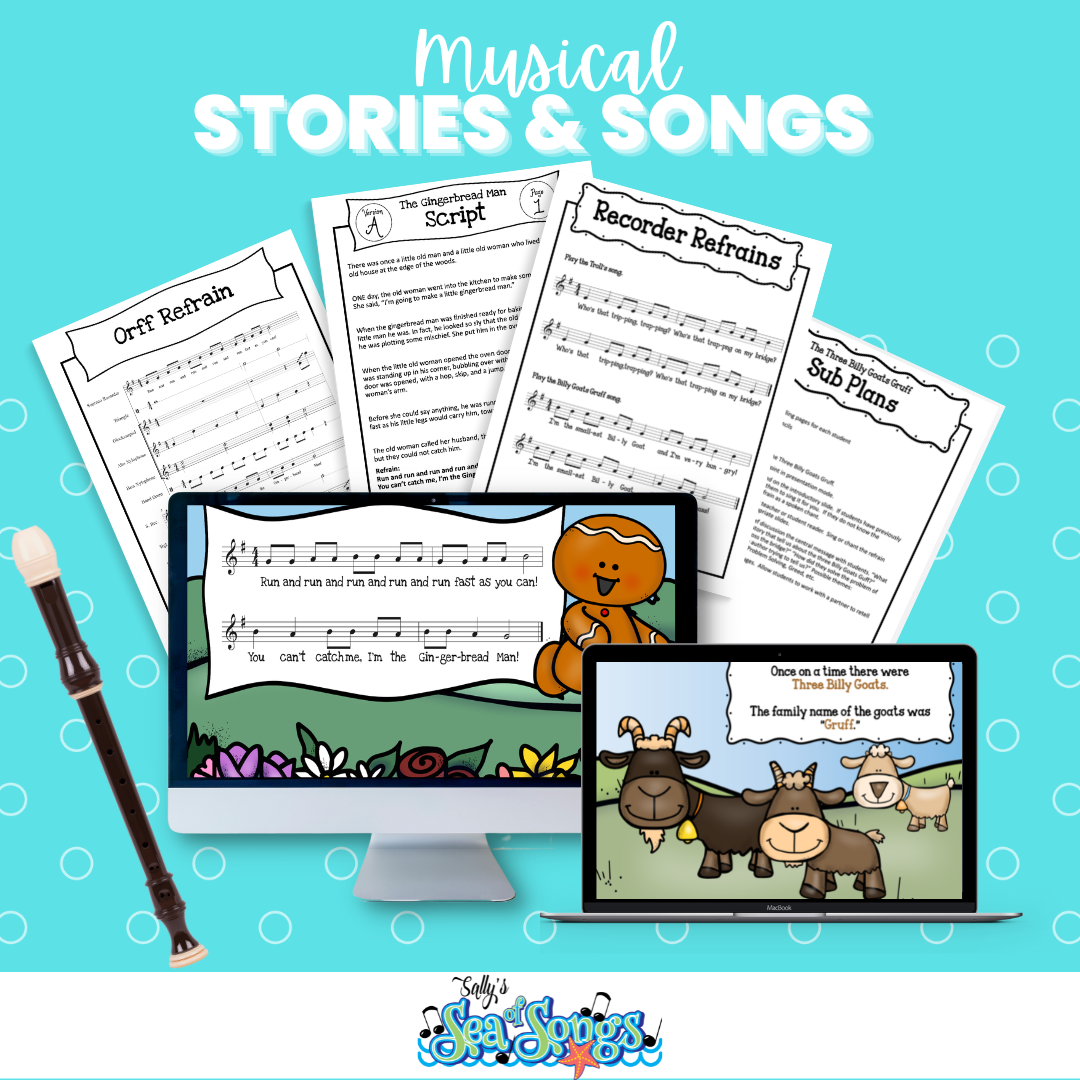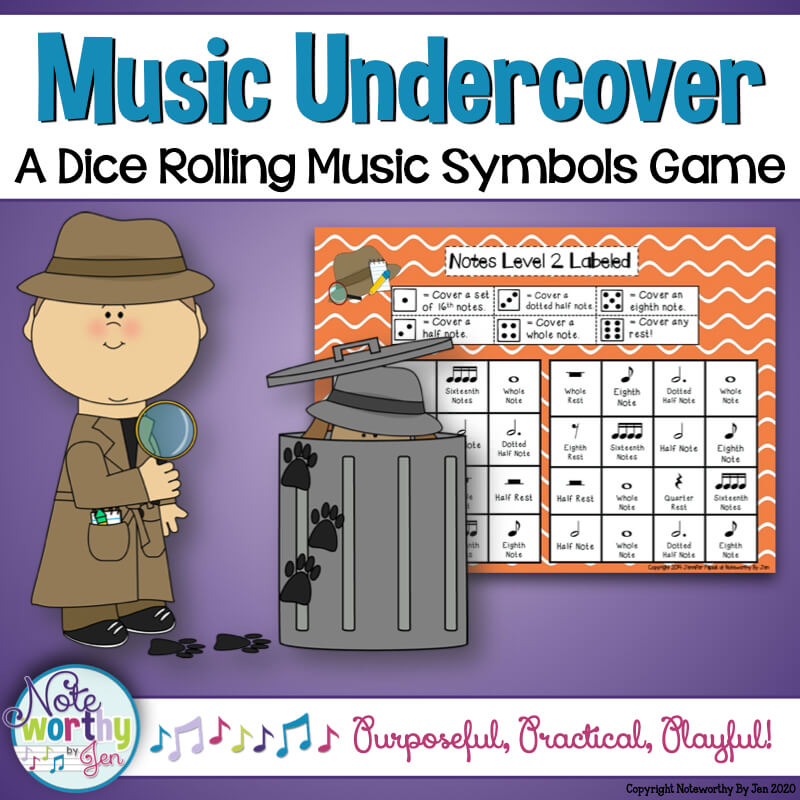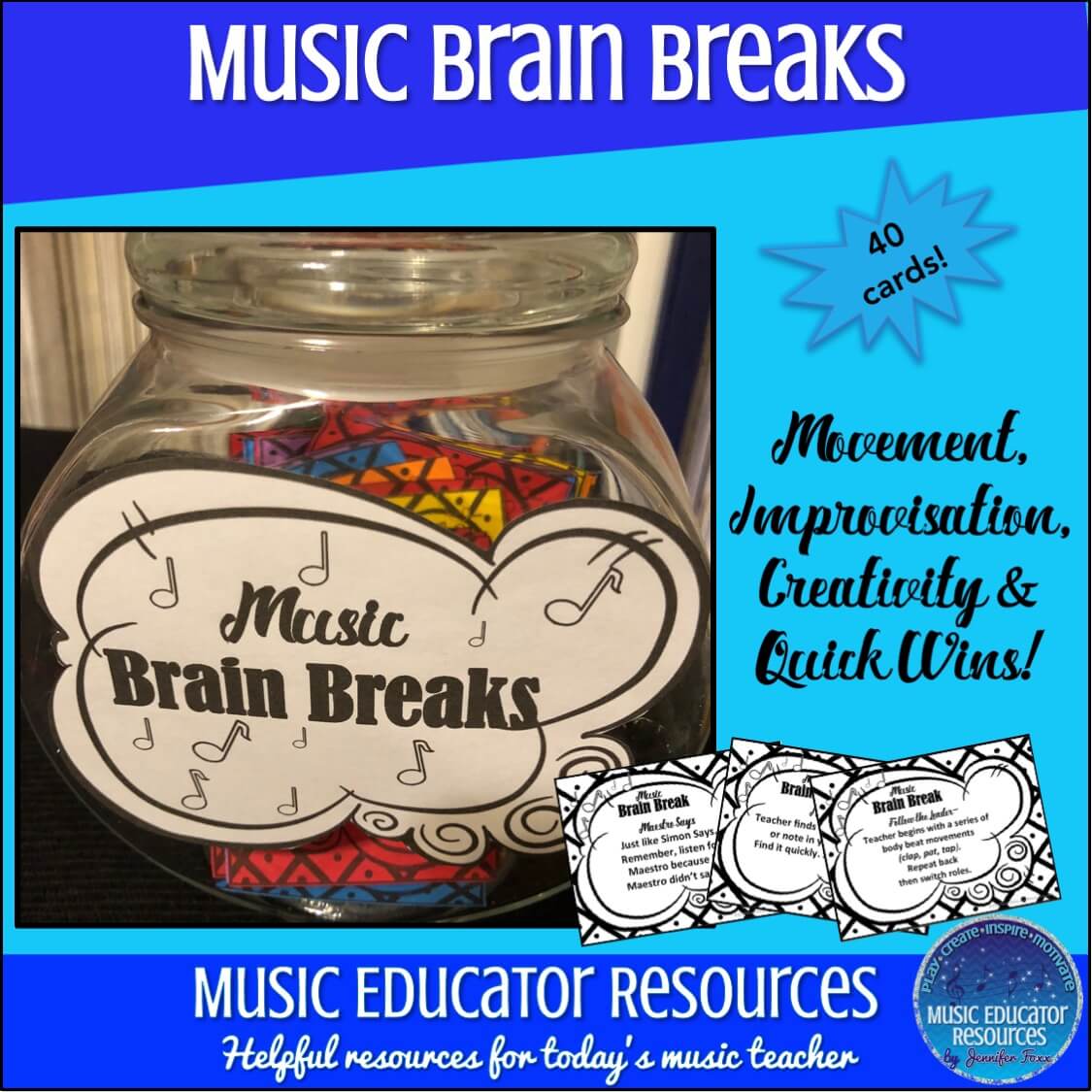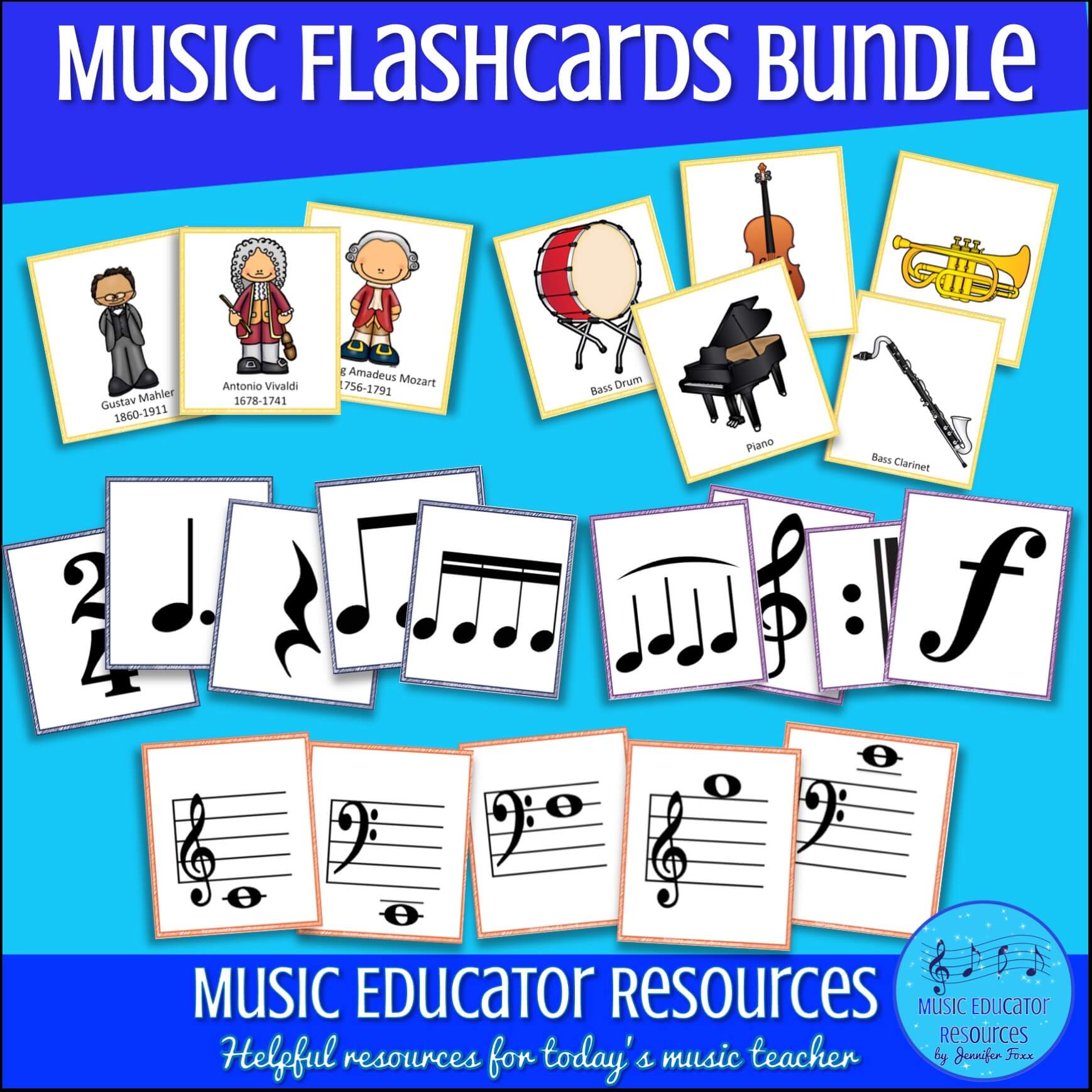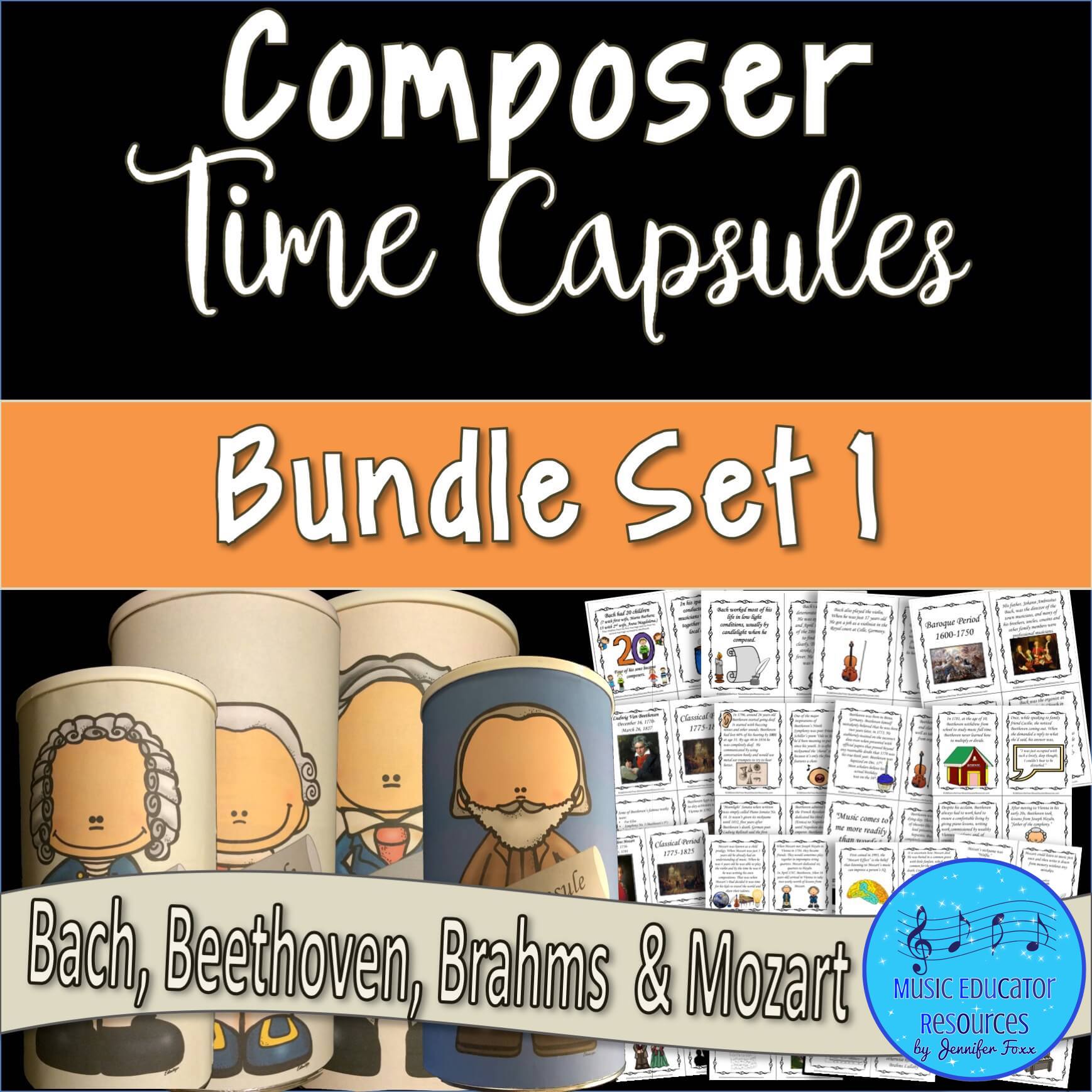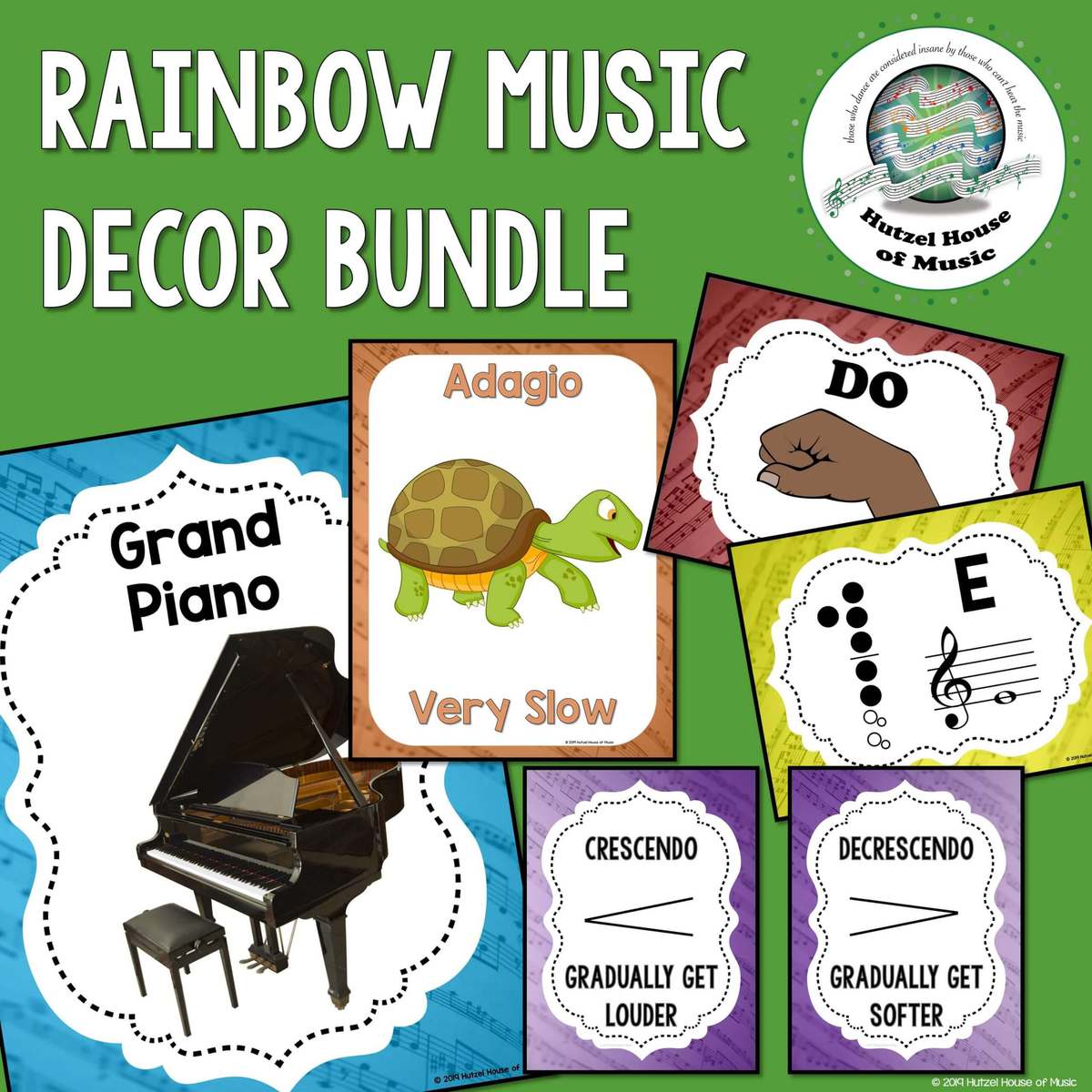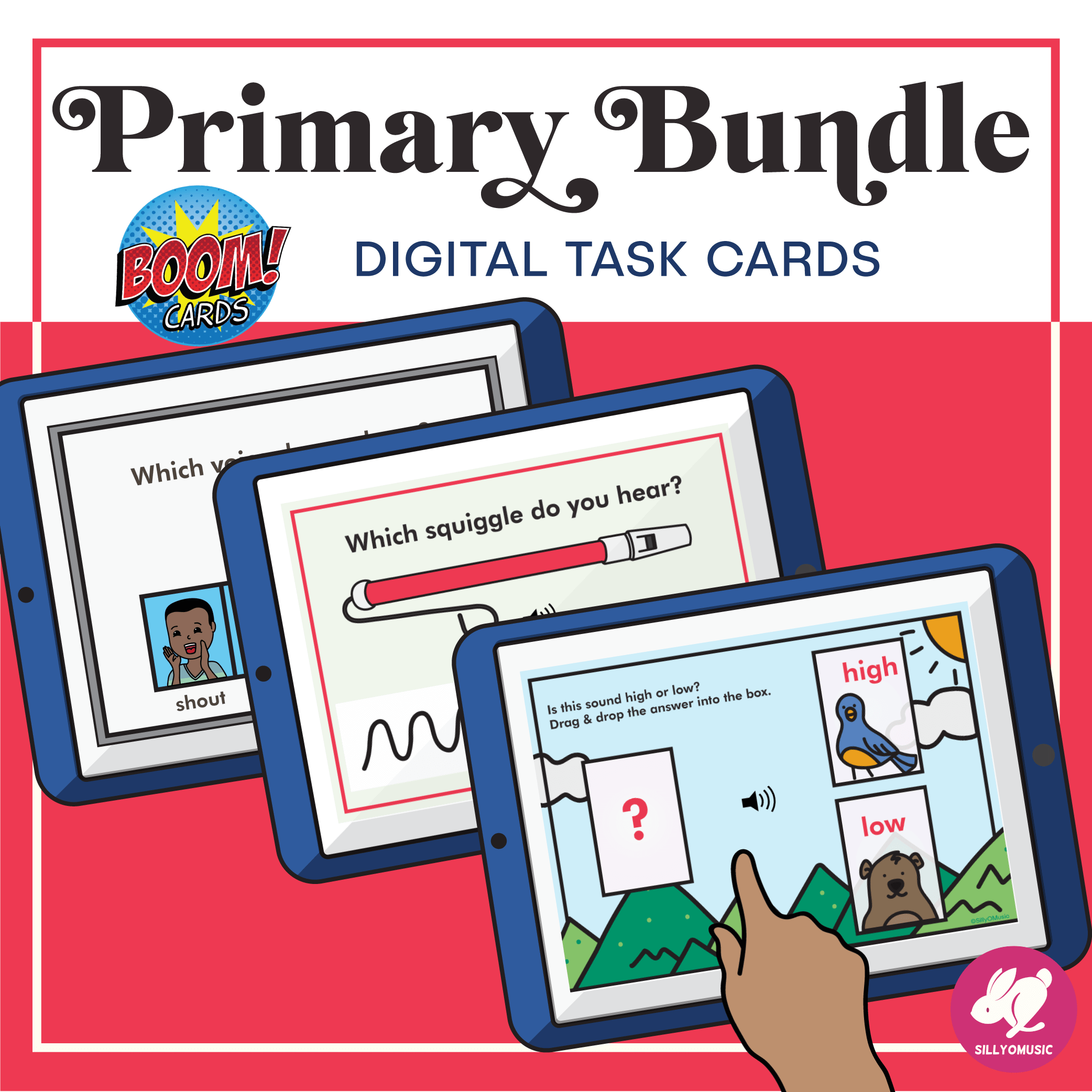Not only is it essential to help out fellow music teachers, but all teachers. When I moved to North Carolina, I found my first teaching job through the wife of my husband’s co-worker. While working part-time at that school, another music teacher there connected me to my current job. Your future may change drastically based on one random connection in the education world, and it’s more than likely to be from someone unexpected. This is why it’s so important to be kind to others in education. That is not to say that you need to be a doormat. If someone is treating you poorly, no need to waste your time trying to win them over. It’s also important to be kind for kindness sake, without expecting anything in return.
10 Ways To Network As A Music Teacher
-
- Optional professional developments: optional trainings usually have a much smaller group of teachers in attendance. It is so much easier to connect with other teachers in your district, as well as the presenters and your supervisor in a small group.
- Weekend workshops and summer training camps: learn something new and meet folks in other districts.
- Community band, choir, orchestras: there are always educators in these groups.
- Friends of friends: I met my favorite co-worker of all time at a friend’s Christmas party. When this 2nd-grade teacher told me about a music position opening at her school, I snatched it up, and a couple of years later, we became so close that she was a bridesmaid in my wedding.
- Instagram: Insta is a great place to encourage music teachers from all over the world.
- Facebook: music teacher groups on Facebook are a double-edged sword. Sure, you can ask questions and get *lots* of opinions and advice, but the potential for drama is high, so I would limit what you share on Facebook. That being said, I chatted with a music teacher on Facebook over a random teaching resource, and we became friends in real life. She introduced me to the teachers that would become The Music Crew, and here I am today writing this blog post!
- Help others and don’t expect anything in return. Don’t help to the point of imposing, but don’t keep a record of what you’ve done for another teacher either. Help because you want to. When the time comes, someone will help you.
- Sub or work part-time: If you are a recent grad and haven’t found a position, take on something that may be less than ideal, like subbing. I got my start after moving to North Carolina as a sub. Now, I am at a school that I enjoy, teaching an age group that I love. I can follow the connections back to that first middle school sub job.
- Become a mentee (or mentor): If your district has a mentor program, engage with your mentor. If their teaching style doesn’t mesh with yours, it’s ok. You will at least have gained a friend. Also, when your mentor retires or moves, guess who they will recommend as their replacement?
- Volunteer: does your district need some help for honors choir or solo and ensemble? Volunteer! At the very least, you’ll probably be in contact with some great accompanists should you need one in a pinch! It’s also helpful if you plan on switching over from general to instrumental music or vice versa. Get to know the other departments!



